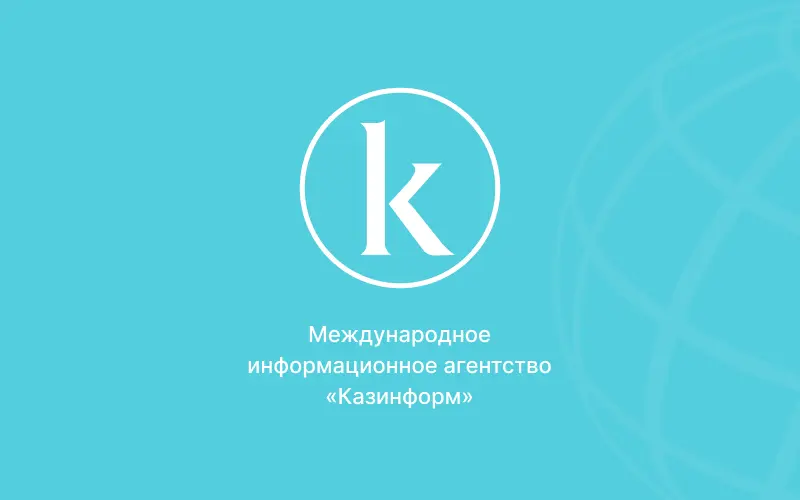Win-win solutions agreed at session of EEC Council in Moscow

The agenda of the session included 19 issues.
Participants of the session adopted a number of important decisions in the sphere of trade, economy, financial policy, energy, infrastructure, anti-monopoly regulation and industry in the Eurasian Economic Union (EEU).
During the session the Council approved the provision on annual monitoring and analysis of results of the implementation of the Guidelines of industrial cooperation within the EEU. The document is called to define quality and quantity indicators characterizing development in the Industrial Cooperation Union, to analyze implementation of the Guidelines and enhance effectiveness of work on their implementation.
The Concept on creation of the Eurasian network of industrial cooperation and subcontracting was endorsed as well.
The session of the Council agreed win-win solutions aimed at further development of the Eurasian Economic Council.
The session of the Supreme Economic Council and the session of the Collective Security Council of the Collective Security Treaty Organization (CSTO) are scheduled to take place in Saint Petersburg on December 26.
The heads of state are expected to sum up results of the first two years of the Eurasian Economic Union's work and map out guidelines for the future development of the integration association.
Signing of the Eurasian Economic Union Customs Code will be in the focus of the summit. Participants are also expected to pass a number of other important documents called to promote the formation of the common Eurasian market of commodities and services.
The main guidelines for the EEU's international activities in 2017 will be approved and aspects of cooperation with key trade and economic partners of the EEU will be discussed as well.
Leaders of Armenia, Belarus, Kazakhstan, Kyrgyzstan, Russia and Tajikistan are to discuss topical spheres of interaction insides the CSTO and its day-to-day functioning.
They will exchange opinions on key topics of the regional and integration agendas, including counteraction of terrorist and extremist threats and the suppression of illegal trade in drugs and weapons.